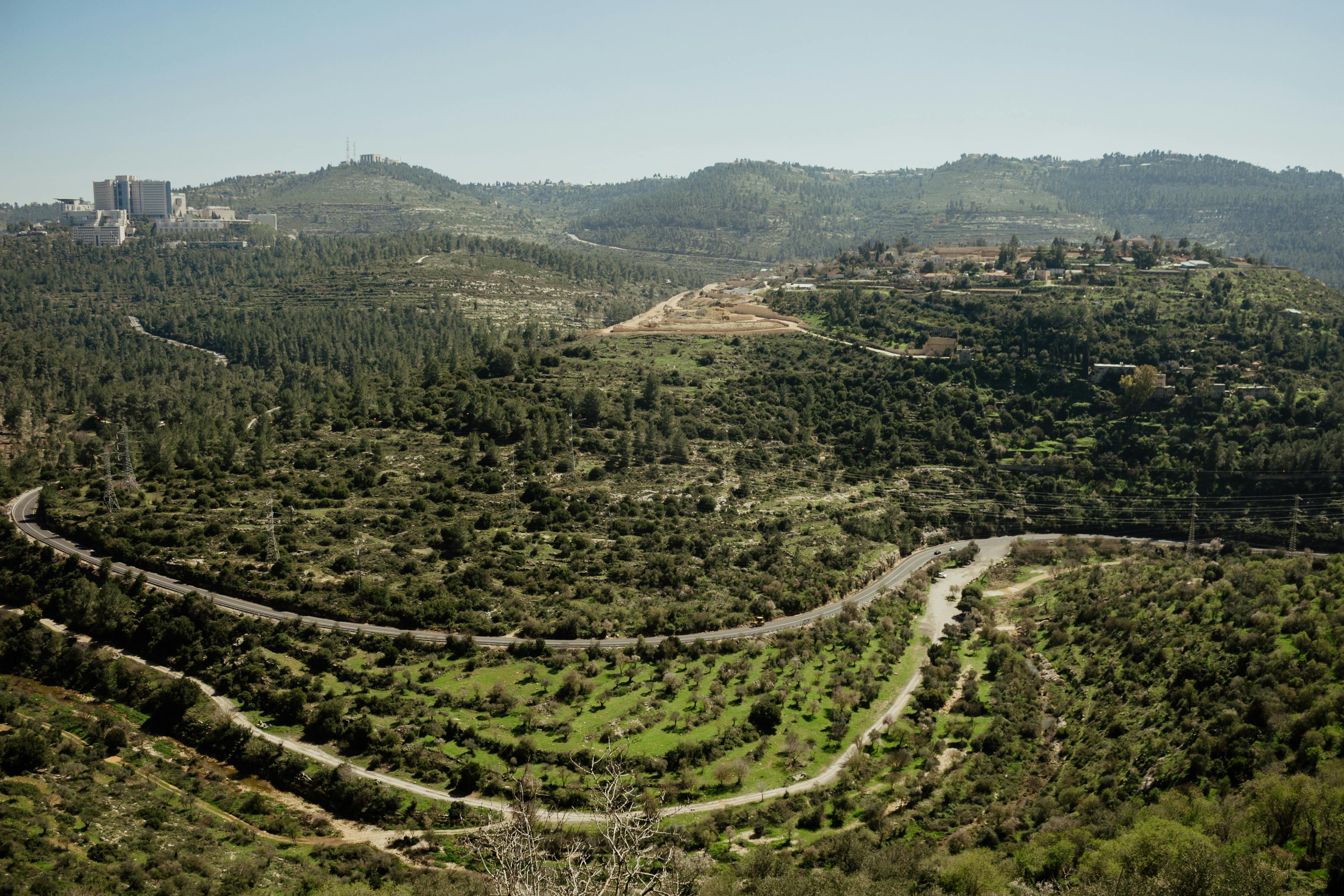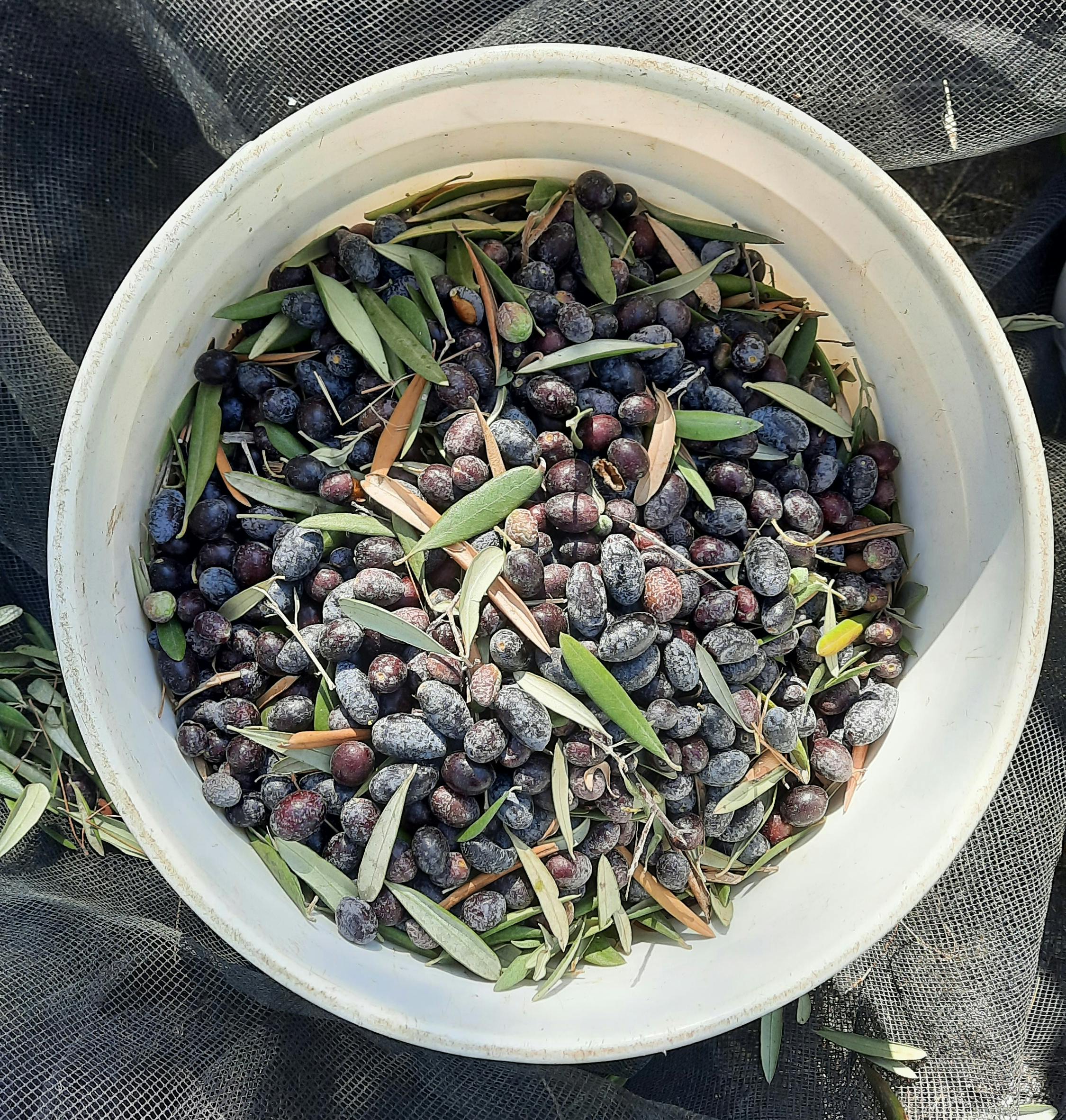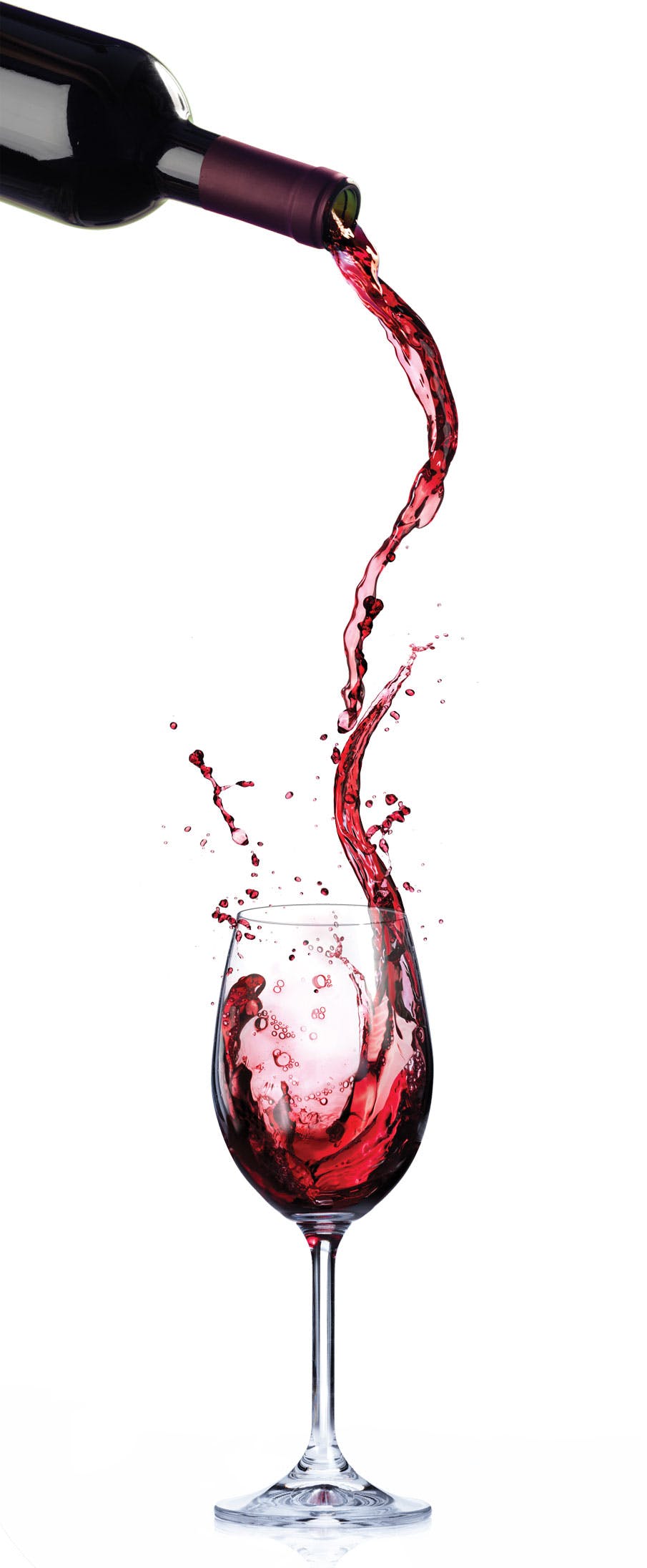Anointed and Overflowing


In the sun-drenched hills of the Promised Land, olive trees and vineyards have flourished for millennia. As staples of Mediterranean cuisine, their enduring presence has long transcended their role as an ordinary food source. Instead, they have stood as living proof of Israel’s spiritual, historical and cultural identity—surviving persecution and the cycles of exile and return.
But today, Israel’s agriculture faces a modern adversary seeking to purge that proof: the anti-Israel lobby led by the Boycott, Divestment and Sanctions (BDS) movement.
Erasing Israeli History
The BDS movement’s holy grail is to delegitimize Israel—full stop. Led by pro-Palestinian activists, it portrays Israel as an apartheid state which is occupying Palestinian land. Its main strategy? International economic pressure, Palestinian product promotion and aggressive propaganda campaign all aimed at isolating Israel internationally. Its most well-known tactics? Boycotting Israeli products, with Israeli olive oil and wine high on the list of forbidden items.
The BDS movement’s first demand is an end to the Israeli “occupation.” But beneath this aim lies a troubling reality: the movement’s stance implicitly calls for the end of Israel as a Jewish state. If there are no Jews “occupying,” there’s no Israel.
BDS’s agenda and anti-Israel campaigns have created a stage for agricultural warfare in a fight to erase Israel from the landscape. Olive oil, for example, is marketed as a symbol of Palestinian identity, with organizations like the Palestinian Olive Oil Association framing it as a resistance to the Israeli occupation.
But what does the Land itself have to say?

Oil and Wine in Scripture
The record of the Land first lies within Scripture. From altar to table, oil and wine have been flowing through Israel’s core for centuries. The Bible’s earliest texts stress the centrality of oil and wine in Jewish morals, faith, law and national identity. Throughout the Torah (Gen.–Deut.), both crops serve as key instruments in feasts and practices.
For example, in Exodus 30:22–25, God outlines the sacred use of olive oil in anointing priests and kings. The olive tree itself, frequently cited in the psalms, is symbolically aligned with the nation of Israel. And in Deuteronomy 24:20, Scripture commands a layer of ethical responsibility to the cultivation of olive trees as some of their fruit is to be left for the poor to glean.
Vines carry equal weight. Wine is required in Jewish tradition for kiddush (dedication through prayer and blessing over wine performed at the start of the Sabbath meal), weddings, Passover and other sacred events. Each morning, devout Jews pray Psalm 80:8–9: “You brought a vine out of Egypt; you drove out the nations and planted it. You cleared the ground for it; it took deep root and filled the land.” In Proverbs 3:9–10, wine is a symbol of divine abundance, urging us to honor the Lord with our possessions and promising that as we give generously, God will bless us with “vats overflowing with new wine.”
The biblical record clearly affirms Israel’s agricultural DNA in the Land.
Uncovering a Deep-rooted Legacy
Archaeological discoveries across Israel show that the Land’s connection to olive oil and wine goes beyond the Bible. During the Roman Empire, Israel’s wine and oil were highly valued and widely traded, even reaching Rome itself. Excavations have uncovered countless artifacts at Jewish sites: wine and oil jars at Masada; grape presses from the eighth century BC in Ashdod; and even a wine press from AD 200–500 in a Jewish settlement of Korazim.
Israel’s agricultural legacy was not uninterrupted. During the 12th and 14th centuries, the landscape of wine changed dramatically under Muslim governance. With Islamic law outlawing wine, vineyards were uprooted and winepresses destroyed. Though olive oil production continued, the vine of winemaking was nearly severed.
Jewish Wine in Exile
Despite the Islamic ban, Jewish communities in the Promised Land secretly made small amounts of wine for distribution among families, often at great risk. Halachic (Jewish legal) texts continued to discuss wine’s role, laws and blessings, thus maintaining its spiritual memory.
While in dispersed to the four corners of the world, Jewish communities continued winemaking freely. They safeguarded knowledge of grape cultivation, preservation techniques and even winemaking prayers in the hope of one day restoring the practice in their ancient homeland.

Returning to the Land
Under Ottoman rule (1299–1922), the Land suffered severe deforestation. The Turkish government levied taxes on the Land, including a tax on trees, which led both foreign and local landowners to clear their properties in an effort to avoid that cost, taking a further toll on olive groves and sparse vineyards.
Miraculously, the Jewish vine found its way back to the Land. By the mid 1800s, Israel’s vineyards began to take root, with a Sephardi immigrant David Ginio who founded modern Israel’s first recorded winery in 1840.
In the late 19th century, more Zionist pioneers and olim returned to Israel to build a new life in their ancient homeland. Kibbutzim (collective communities) like Ginosar and Ein Harod made replanting vineyards and olive groves a priority. The twisted branches and vines flourished and once again echoed God’s divine promise that Israel would be “a land of wheat and barley, of grape vines and fig trees and pomegranates, a land of olive oil and honey” (Deut. 8:7–10).
As more Jews came home, more vineyards and olive groves began dotting the once barren landscape. Several farmers intentionally moved to ancient wine and oil making sites to start their trade. For example, in the Lower Galilee, the family-owned olive press Rish Lakish was established near the ancient site of Zippori. There, archaeologists discovered ancient potsherds bearing traces of olive oil strikingly similar to modern varieties—marking the oldest known evidence of oil use in the Middle East.
A Story Bigger Than the Fields
In a world eager to rewrite the past, the soil of Israel still speaks—and its fruit tells the truth. From Scripture to archaeology, from ancient records to modern harvests, Israel’s agricultural legacy is undeniable.
The olives and grapes of this land carry a legacy older than empires. No boycott, divestment or sanction can erase the truth. This story was planted long before modern protests, and it will continue to bear fruit long after.
The Land of Israel is anointed and overflowing, so buy a bottle filled with fruit of the vine or golden-green oil cultivated in the sun-drenched hills of the Promised Land. Enjoy a story that spans thousands of years, a story of survival, tradition and the sacred thread connecting the everyday to the eternal.

Discover Your Purpose and God’s Heart For You
In today's divided, turbulent world, it's essential for the Church to rediscover God's heart. Our free e-book, authored by a seasoned expert with three decades of experience in Israel, delves deep into the teachings of Jesus (Yeshua) to reveal God’s principles of love and purpose. Learn how embracing these truths can bring significance and impact to your life, even amidst chaos. Subscribe now to receive your free copy and embark on a journey of transformation.




